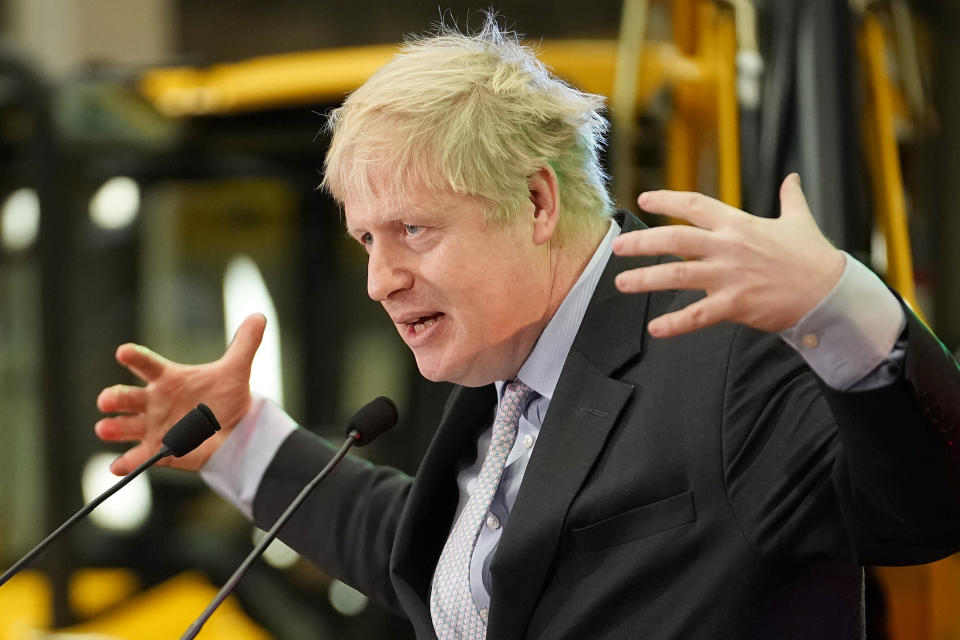Boris Johnson's tax cuts: who really benefits most?

Boris Johnson’s pledge to cut income tax would disproportionately benefit wealthy pensioners, according to the director of a leading think tank.
The frontrunner to be the next Conservative party leader and UK prime minister unveiled plans to reduce tax bills for up to three million higher earners on Sunday.
Johnson’s proposals would see Britain’s higher 40% income tax rate only applied to earnings over £80,000, rather than the current threshold of £50,000.
He would pay for the tax cuts partly by increasing national insurance contributions, but higher earners over state pension age would benefit most as they do not pay national insurance (NI).
Critics said the reforms were “targeted on the majority of Conservative party members,” who Johnson must win over in a ballot to secure the party leadership this summer.
The biggest gainers from Boris’ unfair tax cuts for the rich?
Wealthy pensioners.
Is this a tax cut targeted on the majority of Conservative Party members?
No surprise - Boris puts himself and the Tory Party before country, again https://t.co/cHPP01NnOR— Ed Davey 🔶 (@EdwardJDavey) June 10, 2019
READ MORE: What to watch: UK data, stocks jump after US-Mexico deal, Tory leadership
Johnson said he would increase employee national insurance payments in line with the new £80,000 threshold, as well as using Treasury funds set aside for a no-deal Brexit.
Paul Johnson, director of the widely respected Institute for Fiscal Studies (IFS), told BBC Radio 4’s Today programme: “It’s worth saying the group who would benefit most would be higher-income pensioners, who don’t pay national insurance at all.
“There’s a particular group who do particularly well, and that’s those over the age of state pension age with more than £80,000 a year.”
He added: “The net cost would be in the order of £10bn a year. That’s obviously a lot of money. It helps the top 10% highest earners.”
He also called for Johnson and other candidates to spell out their “overall fiscal and economic strategy” after a decade of public spending cuts.
READ MORE: Boris Johnson threatens he won’t pay £39bn Brexit divorce bill
The former mayor of London and foreign secretary told the Telegraph the measures would help the “huge numbers that have been captured in the higher [tax] rate by fiscal drag.”
Paul Johnson, who pointed out he was “no relation” of his namesake, noted the number of taxpayers affected by the 40% rate had risen “dramatically” over the past two decades as incomes rose faster than tax bands.
The proposals immediately came under fire from the Tory frontrunner’s critics both within and outside his own party.
Liberal Democrat MP Ed Davey tweeted that it was “no surprise” the measures would help better-off pensioners given Johnson had to win over typically older and wealthier Conservative members.
Nicky Morgan, chair of the Treasury select committee and a supporter of Johnson rival Michael Gove, said: "The question for Boris is why is this a priority when you could be obviously lifting more people out of paying income tax - the lower rate taxpayers - or you could be give people receiving child benefit an extra £15 a week."
READ MORE: London has more tech unicorns than San Francisco

 Yahoo Finance
Yahoo Finance 